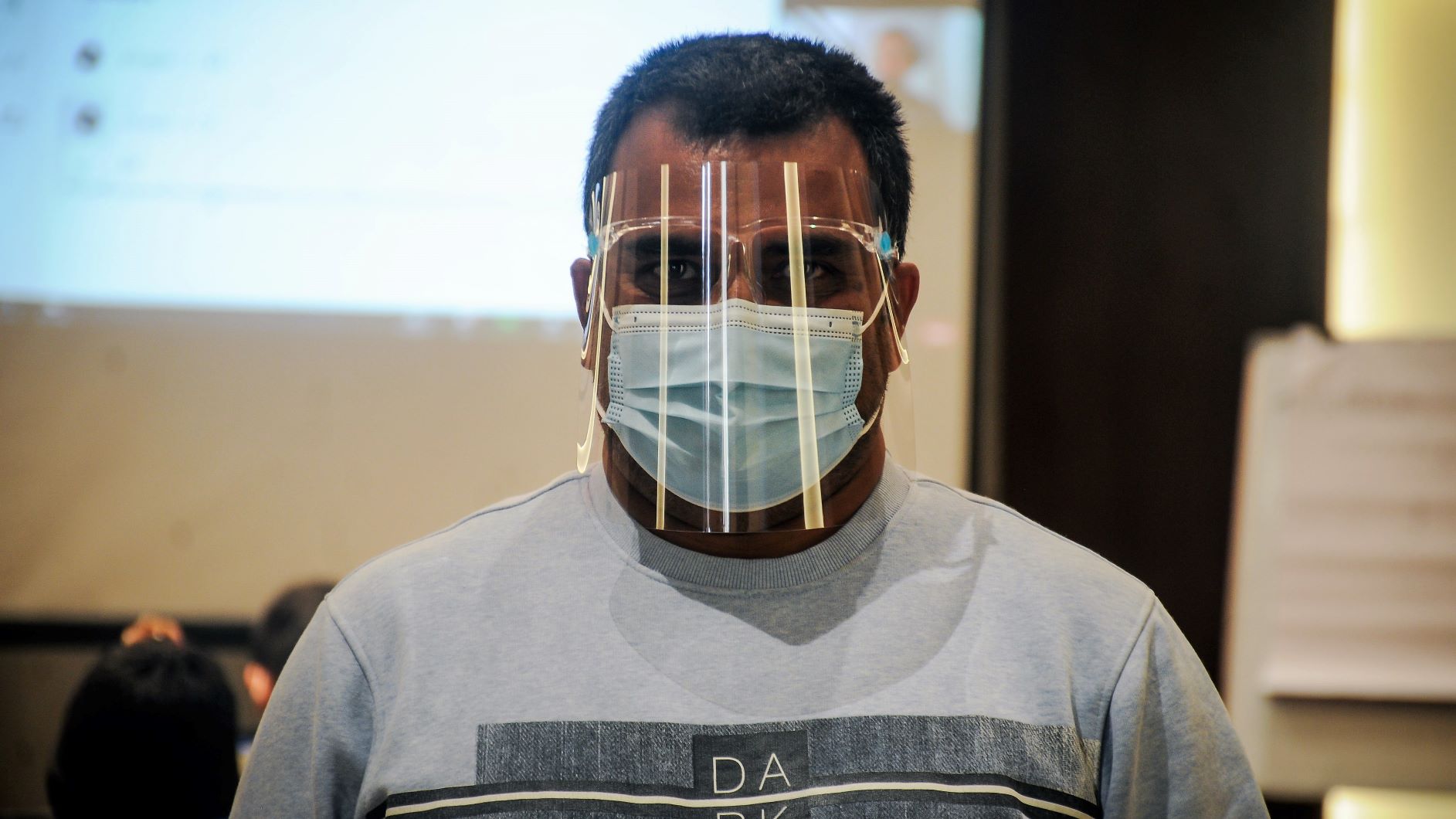[During a conference in the University of Connecticut, I was asked to speak on media literacy in Nepal. What could I say? I studied journalism and mass communication at Tribhuvan University for seven years completing more than 15 annual subjects on media. None of them focused on media literacy. I have gone through media courses of other universities of Nepal and I found media literary in none of them.
I also studied English language and literature during my university days. There were courses on critical thinking but they didn’t deal with media texts.
The conference was attended by teachers of media literacy courses and dealt mostly with importance of media literacy courses. So, I told the participants that I would talk on media illiteracy. My self-declared topic (‘with journalistic perspective for I am a journalist’) became ‘the impacts of media illiteracy on journalism’.
This blog is based on my presentation as a panelist of the International Panel on Media Literacy at the 10th Annual Northeast Media Literacy Conference organized by Neag School of Journalism, University of Connecticut on March 16, 2012.]
***
Media literacy is an individual’s ability to receive and critically analyze the media content. Generally for an individual to be media literate, s/he should understand the principles, roles, responsibilities and ethics of the media; the process of production of the media content; and be able to see the beyond the surface aspects of the media content.
Normally, teaching critical thinking techniques of text and media texts; production of media content; and theoretical aspects of media’s powers and roles gives an individual the ability to be media literate.
Media literacy is important for everyone – from a child to elders, but it’s especially needed for young adults who consume high amount of media contents, and are on the process of framing ideas and opinions for what’s going on around them.
What if there is the lack of media literacy? It impacts individuals as well as social and political aspect of the community; and – my arguments here – weakens journalism.
***
In February, 2012, an International Media Mission (IMM) visited Nepal to study situation of media and its problems. Among its many recommendations, one raised concerns over increased incidents of violence on journalists and the culture of impunity.
In January and February, 2012, the media monitoring unit at Federation of Nepali Journalists (FNJ) recorded nine incidents of the violence of press freedom – including attacks and intimidation of journalists. The intimidation of journalists is widespread, and attacks are frequent and most serious of all, the state’s law implementing agencies do not take those incidents seriously.
Why that’s so? Because, they believe ‘journalists should refrain from writing something bad about someone’. Many people often say ‘if you tell badly about me, I get angry’. The mass assumption is often that: journalists get beaten because of themselves.
That is so because they (or the citizens) do not properly understand the role of media. After seeing a journalist’s motorcycle allowed on the road during the strikes, people often comment: Why them?
Media literates won’t be surprised on ‘free movement for journalists during strikes’. Media literates will question the violence as an act of crime, not remain neutral as an act of ‘overreaction on anger’.
The first impact of media illiteracy on journalism is therefore hostile working environment for journalists.
***
The general assumption of media in Nepal is that they are irresponsible (at least unaccountable)!
Studies have found that media are in fact unaccountable. The unaccountability (or irresponsibility) comes in as media normally do not seriously look back to their own news. There are instances when media raised a big issue and forget about it quietly without follow-up – never telling audience what that actually was.
Last year in 2011, Kantipur published at least two big apologies. The first one was concerning with Anuja scandal when it published a false news prompting action from the President of Nepal. Just before the New Year, it suspended the co-ordinator of its Friday supplement and published apologies for publication of translated articles under his byline.
Such apologies are rare. Even both of Kantipur’s apologies came under special circumstances. The first because the President was involved; second, because social media users of Nepal ‘irritated editor’ with mails/mentions and urged New York Times, whose articles were translated, for action.
There are many dubious media contents that went unaccountable for.
Media do not bother to think back on them because audience does not demand that. Media could be as irresponsible as it can be when their audience does not question its content. And, when audiences are not media literate, they rarely question the content.
The second impact of media illiteracy on journalism therefore is irresponsible media.
I welcome any other idea on impact of media illiteracy on journalism.

